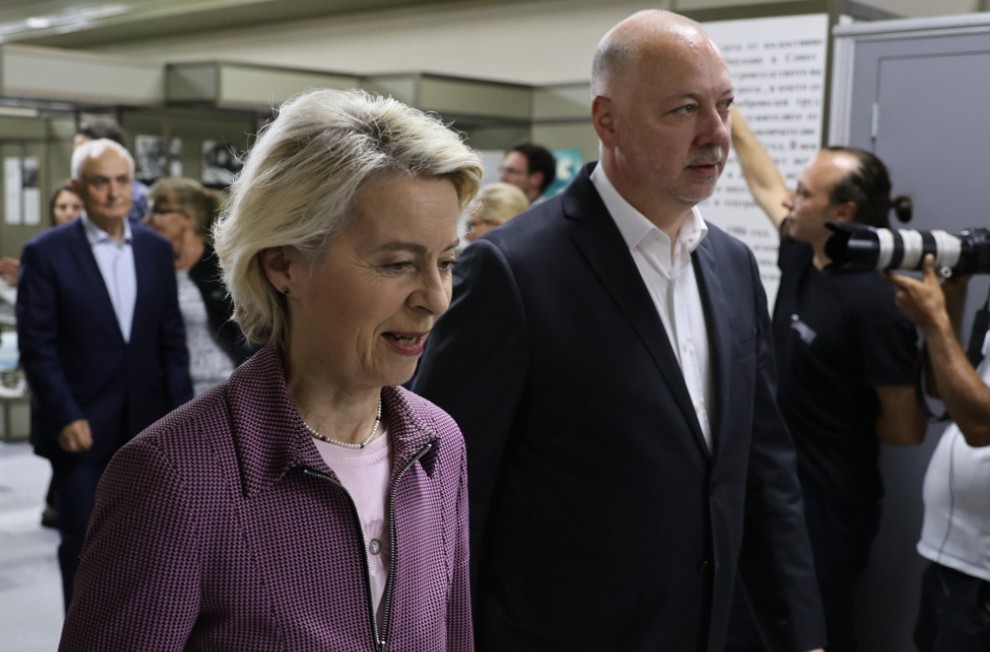Bulgaria, once a secret supplier of Soviet-era ammunition to Ukraine, is now openly positioning itself as a key producer of NATO-standard arms, as Europe races to meet Kyiv’s demands more than three years into Russia’s full-scale invasion.
When Russian President Vladimir Putin launched his assault in 2022, Bulgaria moved quickly to send stockpiles of Soviet-designed weapons that Ukraine’s army could easily operate. For months, deliveries were routed quietly through Poland, often via Rzeszow Airport near the Ukrainian border, under NATO air defense cover.
Former defense minister Todor Tagarev, who oversaw Sofia’s largest covert arms package for Kyiv during his tenure in 2023–24, said the secrecy is now gone. “Bulgaria is making a significant contribution, and that might be further increased,” he told DW, noting that future shipments of NATO-standard shells will be financed directly by the European Union.
Rheinmetall invests €1 billion
In late August, German arms giant Rheinmetall announced a €1 billion joint venture with Bulgaria’s state-owned VMZ Sopot to build a new ammunition plant. The facility will produce gunpowder and 155mm artillery shells – a cornerstone of the EU pledge to deliver two million rounds to Ukraine. The project will be partly financed with EU loans.
“This marks a critical shift for Bulgaria’s defense industry,” said security analyst Velizar Shalamanov of the Atlantic Club of Bulgaria. “Rheinmetall’s investment is recognition of our capacity and quality.” He said future deliveries would likely become faster and more direct, potentially routed via Romania or even through the western Black Sea.
While Bulgaria’s arms factories expand, Ukraine’s domestic industry faces a funding gap. Ihor Fedirko, head of the Ukrainian Council of Arms Manufacturers, said the sector’s capacity was worth up to $35 billion this year, but Kyiv could only fund about half. “All 800 private manufacturers are looking for investors,” he said, urging Brussels to extend financing programs so Ukrainian-made weapons could reach the front lines more quickly and at lower logistical cost.
Still, Fedirko acknowledged that Western donors want security guarantees. With Russian strikes continuing, foreign investment is more likely to flow into plants outside Ukraine, such as in Bulgaria.
No end in sight
Tagarev warned that the conflict will drag on. “There are no conditions even for a ceasefire, let alone peace,” he said, pointing to recent high-level meetings – from the Trump-Putin summit in Alaska to gatherings of European leaders in Washington and Paris – that failed to change Moscow’s course.
“Putin has not reduced his ambition to control Ukraine,” Tagarev said. “With European support, and to a lesser extent U.S. backing, Ukraine will continue to resist.”



